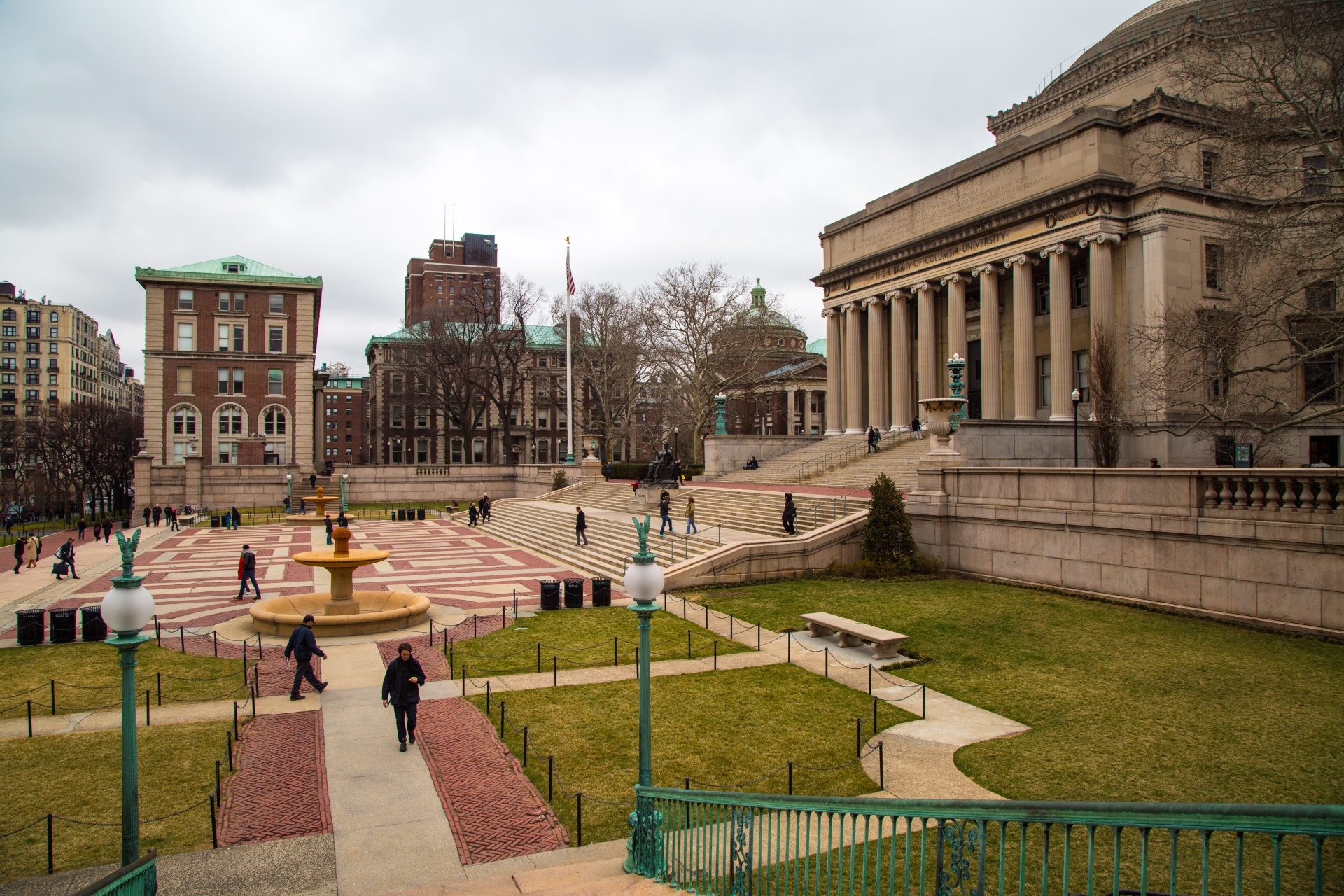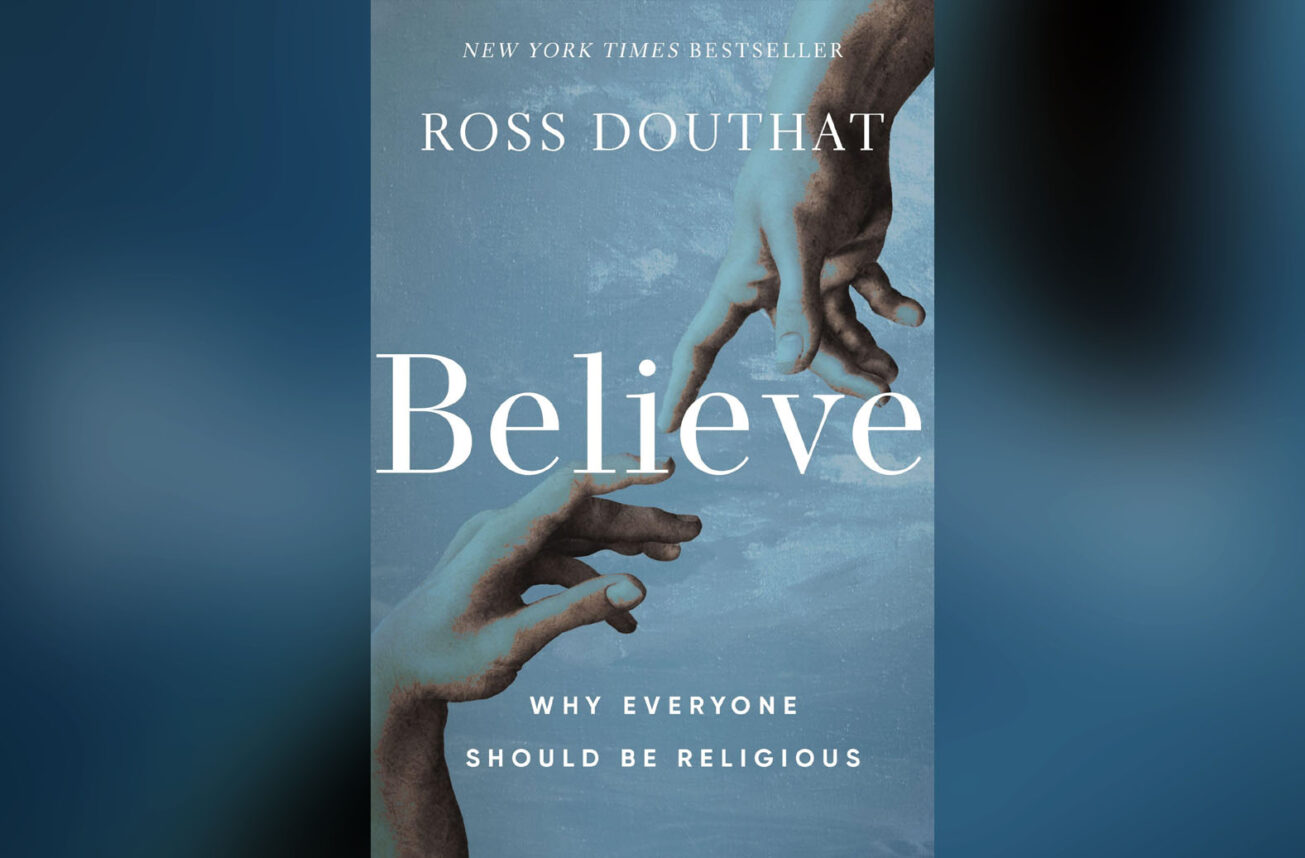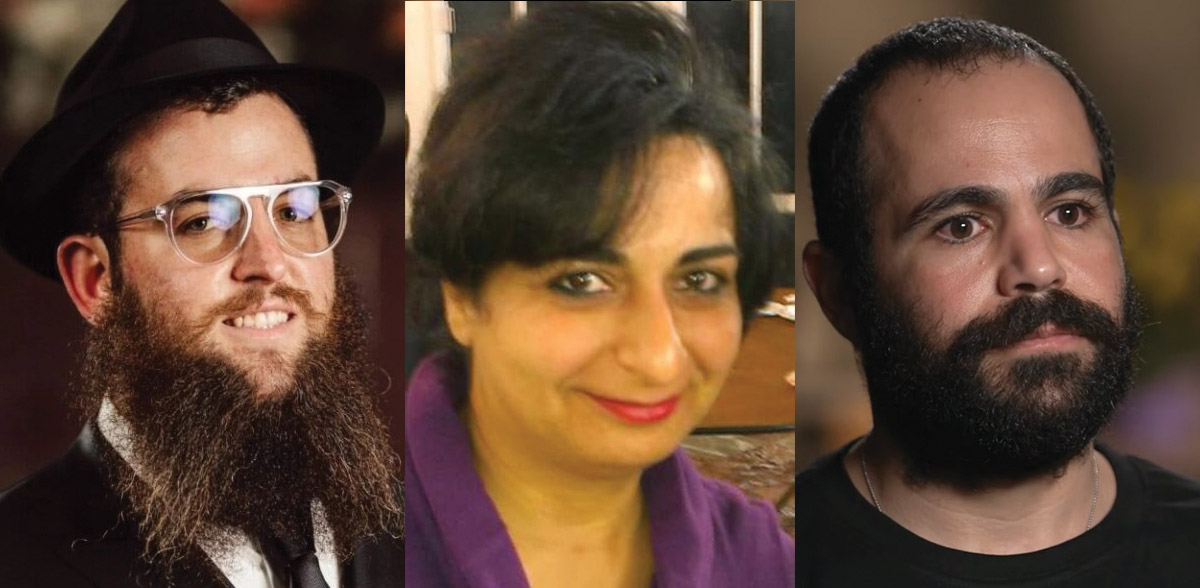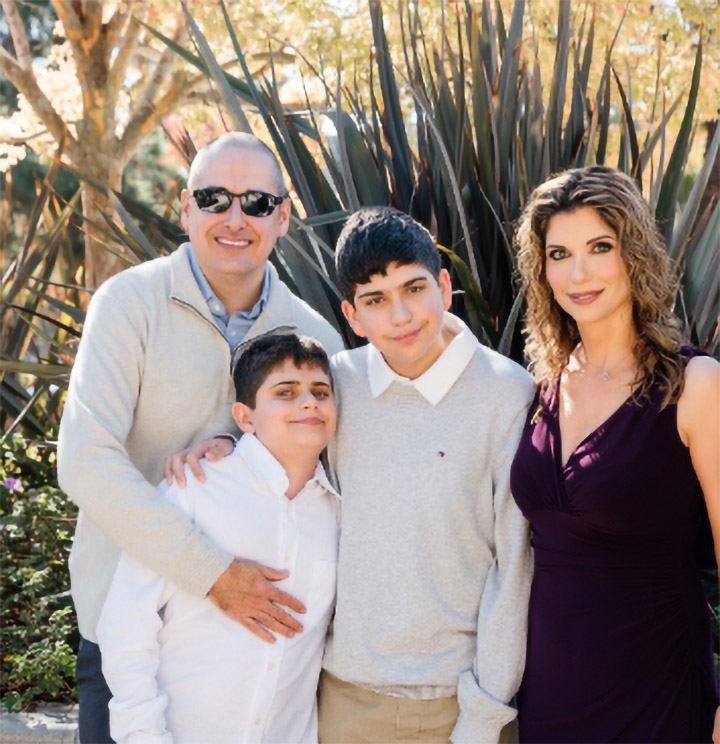
Columbia University President Lee Bollinger condemned anti-Semitism and the boycott, divestment and sanctions (BDS) movement in a March 6 presentation before the university senate plenary.
Expressing concern for “the risk of a rising anti-Semitism on our campus,” Bollinger said all forms of prejudice and bigotry are “intolerable,” but that anti-Semitism was at the forefront of his mind, especially with the upcoming campus-wide vote on a divestment resolution. The resolution calls on the university to divest “from companies that profit from or engage in the State of Israel’s acts towards Palestinians.”
Bollinger said, “The longstanding understanding [is] that the university should not change its investment policies on the basis of a political position unless there is a broad consensus within the institution that to do so is morally and ethically compelled. This is a necessary – though not sufficient – condition. I do not believe that consensus exists with respect to this proposal.”
He added the referendum “imposes a standard on this particular political issue that is not right when one considers similar issues in other countries and in other contexts around the world.”
Bollinger said his biggest concern was that the divestment resolution would create a hostile climate on campus, saying, “What must be avoided at all costs, and what I fear is happening today, is a process of mentality that goes from hard-fought debates about very real and vital issues to hostility and even hatred toward all members of groups of people simply by virtue of a religious, racial, national, or ethnic relationship. This must not happen.”
Moving on to speak about anti-Semitism, Bollinger said, “When a swastika appears on campus, it is not just an isolated event. When there is rising anti-Semitism in this country and around the world, even a single instance of it in any context is more alarming than it might otherwise be. I plead with everyone on our campus to be careful and vigilant against legitimate debate turning into anger, then to hatred and demonization and invidious discrimination.”
“I plead with everyone on our campus to be careful and vigilant against legitimate debate turning into anger, then to hatred and demonization and invidious discrimination.” — Columbia University President Lee Bollinger
“No Jewish student, faculty member, or staff I know believes this to be the case; nor do I,” he said. “But the absurdity of the claim does not and should not stop me or us from speaking out against instances and episodes of anti-Semitism that do exist. I view it as my responsibility to say when I see something that should concern us. I do so now, and ask that we all work to ensure that the debates we have about debatable matters be done in good faith and with a sense of shared humanity, and with respect.”
“Grateful for @Columbia President Bollinger making such a clear statement to the student government with his strong condemnation of #antisemitism and the BDS movement,” Anti-Defamation League CEO Jonathan Greenblatt tweeted. “University presidents across the nation should follow his example.”
Grateful for @Columbia President Bollinger making such a clear statement to the student government with his strong condemnation of #antisemitism and the BDS movement. University presidents across the nation should follow his example. https://t.co/UBm5NG5lCc
— Jonathan Greenblatt (@JGreenblattADL) March 8, 2020
The American Jewish Committee similarly tweeted: “Thank you, @Columbia
President Bollinger, for your unambiguous condemnation of anti-Semitism and your principled opposition to the bigoted BDS Movement. Anti-Semitism must be rejected in all its forms—including anti-Zionism.”
Thank you, @Columbia President Bollinger, for your unambiguous condemnation of antisemitism and your principled opposition to the bigoted BDS Movement. Antisemitism must be rejected in all its forms—including anti-Zionism. https://t.co/bwPXrszvLY
— American Jewish Committee (@AJCGlobal) March 8, 2020
The pro-Israel student group Aryeh: Columbia Student Association for Israel, said in a Facebook post,“Amidst rising anti-Semitism on Columbia’s campus and in the world, it is essential that everyone comes together to fight it. Hate against Jews doesn’t belong on our campus, and it certainly doesn’t belong on the ballot.”
Students Supporting Israel (SSI) at Columbia University in a Facebook post thanked “President Bollinger for his important statement.”
The exact date of the referendum has not yet been publicly announced.
On Nov. 24, the Columbia College Student Council (CCSC) voted to hold a campus-wide referendum on divestment with 25 votes in favor and 12 against. The university released a statement at the time saying that divestment decisions are made through the Advisory Council on Socially Responsible Investing’s advice.
Columbia SSI wrote in a Facebook post at the time saying that Students for Justice in Palestine (SJP) and Jewish Voice for Peace (JVP) members chanted “from the river to the sea, Palestine will be free” after the CCSC vote.
“This chant might seem like an ordinary victory chant but, in fact, this is the core of the conflict,” Columbia SSI wrote. “These groups are not asking to foster peace, but to erase the only Jewish state, from the Jordan River to the Mediterranean Sea. This is a call for genocide.”
In April 2018, a similar divestment campus-wide referendum passed at Barnard College, which is affiliated with Columbia, with 64.3% in favor. However, less than 30% of the student populace voted in favor of the referendum.
Barnard President Seian Beilock rejected the referendum, telling the community in a letter: “Taking an institutional stand amid the complexities of the Mideast conflict would risk chilling campus discourse on a set of issues that members of our community should be able to discuss and debate freely. Choosing a side therefore would be inconsistent with our mission.”
She added that the fact that less than 30% of the student body voted in favor of the referendum and the thousands of alumni that have spoken out against it, showed that there was a lack of campus consensus on the matter.
“It is imperative that all of us at Barnard work hard to foster a community in which difficult topics can be discussed in an environment free from fear and hate,” Beilock wrote.
























 More news and opinions than at a Shabbat dinner, right in your inbox.
More news and opinions than at a Shabbat dinner, right in your inbox.